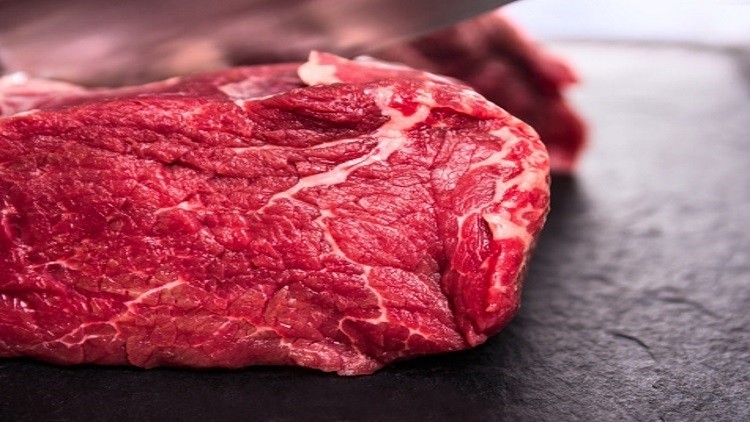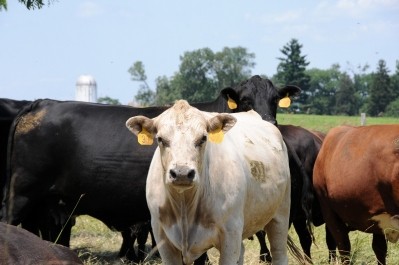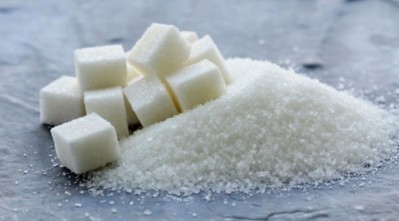EAT-Lancet report slammed by meat industry

The report, published by the EAT-Lancet Commission, suggested that global consumption of foods such as red meat and sugar to decrease by about 50%, while consumption of nuts, fruits, vegetables, and legumes must double by 2050 in order to reduce risk to health and improve sustainability.
Co-author of the report Professor Tim Lang of the City University of London explained the findings. “The food we eat and how we produce it determines the health of people and the planet, and we are currently getting this seriously wrong. We need a significant overhaul, changing the global food system on a scale not seen before in ways appropriate to each country’s circumstances.
“While this is unchartered policy territory and these problems are not easily fixed, this goal is within reach and there are opportunities to adapt international, local and business policies. The scientific targets we have devised for a healthy, sustainable diet are an important foundation which will underpin and drive this change.”
Will Jackson, Agriculture & Horticulture Development Board’s strategy director for Beef & Lamb, said: “This report appears to be another example of well-intentioned but potentially flawed thinking on how we reduce our impact on the environment.
“Farming, in particular dairy and red meat, is part of the solution, making best use of naturally occurring assets to feed a growing population. They an important nutritional part of a healthy, balanced diet.
“Red meat contains an efficient package of essential nutrients important for the body. For this reason Government guidelines suggest we should have 70g of red meat a day. Average population intake in the UK is currently below this figure. Any suggestion that we should further reduce our intake could have unintended detrimental consequences on health.”
Ian Stevenson, chief executive of the Livestock and Meat Commission for Northern Ireland said that “red meat is not part of the problem for the future, it is part of the solution”. ““Red meat produced in the UK is a sustainable source of protein. It makes best use of natural resources and requires very few additional inputs. Naturally occurring rain contributes to grass growth which cattle and sheep consume and convert into high quality protein that is ideal for human consumption. It is a natural cycle which has been running for thousands of years in tune with, and complementary to, our environment.”
Kate Rowell, chair of Quality Meat Scotland said the issue needs a wider focus. “It’s important to put the emissions generated by red meat production into context and ensure that people are fully informed about the facts on our industry.
“The prevailing media coverage of the vegan agenda, despite the fact that 95% of people choose to have meat in their diets, means there is a risk of disproportionate responsibility for emissions being placed on animal-based foods. Focussing on this one area diverts attention from more damaging environmental factors, for example transportation and carbon-based energy.”
Chief executive of the British Meat Processors Association Nick Allen said the report lacked balance. “It conveniently ignores the many initiatives and technological advancements happening right now in farming. It also downplays the much-needed nutritional benefit of animal protein in the human diet and the important part it plays in feeding the world’s populations.
“There are always two sides to every argument and it’s important to understand that the claims that EAT-Lancet are putting forward are not all backed-up by the ‘sound science’ they claim on their website. Nor do they always explain how their goals can practically be met.”
Allen added that a reduction in meat consumption could lead to more food waste. “According to the Food and Agriculture Organisation (FAO), 40-50% of fruit and veg is wasted while only 20% of meat/dairy is wasted. More fruit and veg production means even more food waste. Food waste already accounts for 8% of global emissions.”
The EAT-Lancet report also suggested a reduction in dairy intake, which was cautiously welcomed by Dairy UK chief executive Dr Judith Bryans. “The report rightly recognises dairy as a fundamental part of a healthy and sustainable diet, however the suggested intake level recommended is much lower than dietary guidelines worldwide. Dairy products are an incredibly valuable source of nutrients, containing calcium, iodine, B vitamins and protein and have an important role to play in fighting malnutrition.”
















